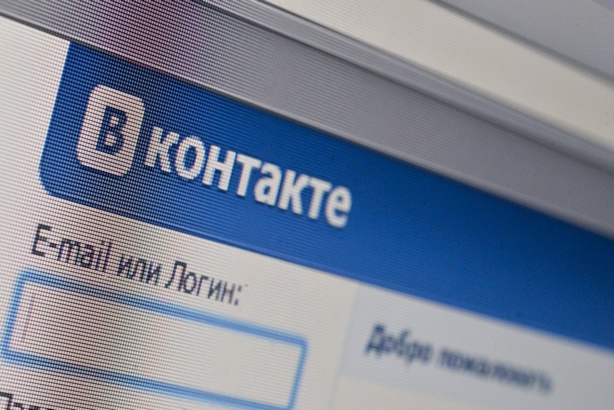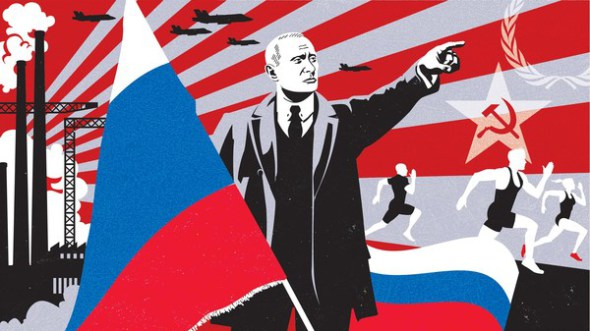After the Ukrainian Security Service's calls to spend less time on Russian social networks, Ukrainian users started actively deleting their pages from the popular websites “Vkontakte” and “Odnoklassniki.” Starting August 1, the so-called blogger law has been enacted in Russia. It allows Russian intelligence full rights to access all personal data of website users. In light of recent events, such information in the hands of the Russian intelligence services may pose a threat for the Ukrainian state and its people.
This was reported to ZIK by Tetyana Kuzminchuk.
Media expert Otar Dovzhenko is asking his students to ignore all things Russian. He says that the rejection of anything related to the occupiers is a logical step for any self-respecting citizen.
“Russian social networks hosted the page of the journalism school where I work. We did not delete it, but suspended it and recommended that everyone go to Facebook and read us there. Out of our 1000 users, 90% are on Facebook, therefore it does not constitute a big problem,” said Journalism School professor Otar Dovzhenko.
Investigators note that the amount of users on the alternative, non-Russian social network Facebook, has grown exponentially in the past year. Therefore, they think that this social network will soon become the most popular. Also, surfing “Odnoklassniki” or “Vkontakte” and looking at advertisements there means lending support to the Russian economy.
“We have to understand where the founder of 'Vkontakte' is right now. Durov (founder of Vkontakte social network) has fled Russia, he is far away from this country. If the founder of this social network himself has fled, what should the users of the website do while it is being controlled by forces that are neither friendly nor brotherly toward us,” thinks media expert Yuriy Zaliznyak.
The Ukrainian Security Service also published a list of other internet resources which should not be used. Among them are Yandex, mail.ru, Moi Mir, Fotostrana, and many others. Experts predict that this kind of boycott of Russian websites may start an online revolution.
Source: ZIK
Translated by Mariya Shcherbinina, edited by Elizabeth Martin





![A "Pussy for Putin": In 2010, 17-year old Alisa Kharcheva in a group with other 11 students and would-be students of Moscow State University starred in an erotic calendar for Putin's 58th birthday as Miss April. In 2012, Kharcheva posted these photographs with a cat and Putin portraits in a personal blog post entitled "Pussy for Putin." Then she sent a formal notice to Putin’s office and posted her phone number on her LiveJournal entry just in case. “Until Vladimir Vladimirovich decides to pick up his [birthday] gift, the kitty will live with me,” she wrote. According to Reuters, in 2015, a business associate of Arkady Rotenberg, a close friend of Putin, transferred into her possession an apartment in a smart gated complex in a desirable part of Moscow. She was 23 at the time. (Image: Alisa Kharcheva)](https://euromaidanpress.com/wp-content/uploads/2017/01/Kharcheva_0411.jpg)